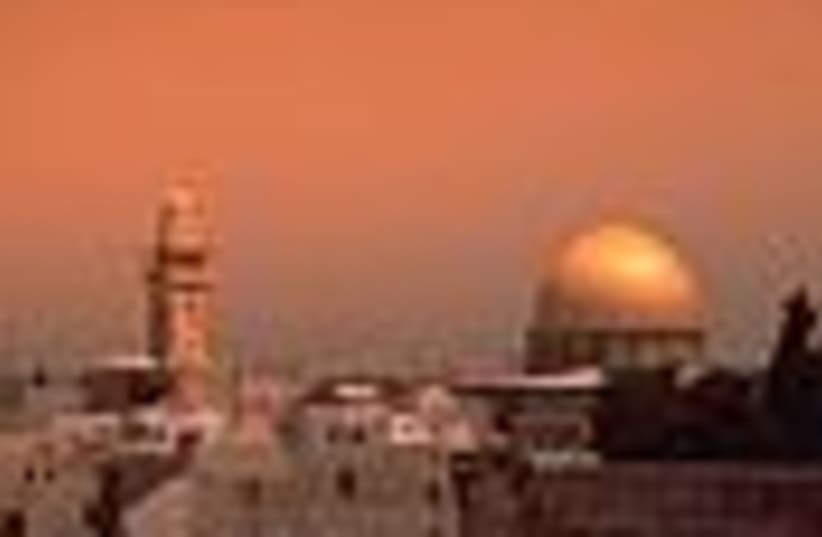| More about: | Mahmoud Ahmadinejad, Benjamin Netanyahu, Condoleezza Rice, Yasser Arafat |
Reflections of a S. African Muslim in Israel/Palestine
If we do not understand the conflict, we cannot constructively engage in its resolution.


| More about: | Mahmoud Ahmadinejad, Benjamin Netanyahu, Condoleezza Rice, Yasser Arafat |